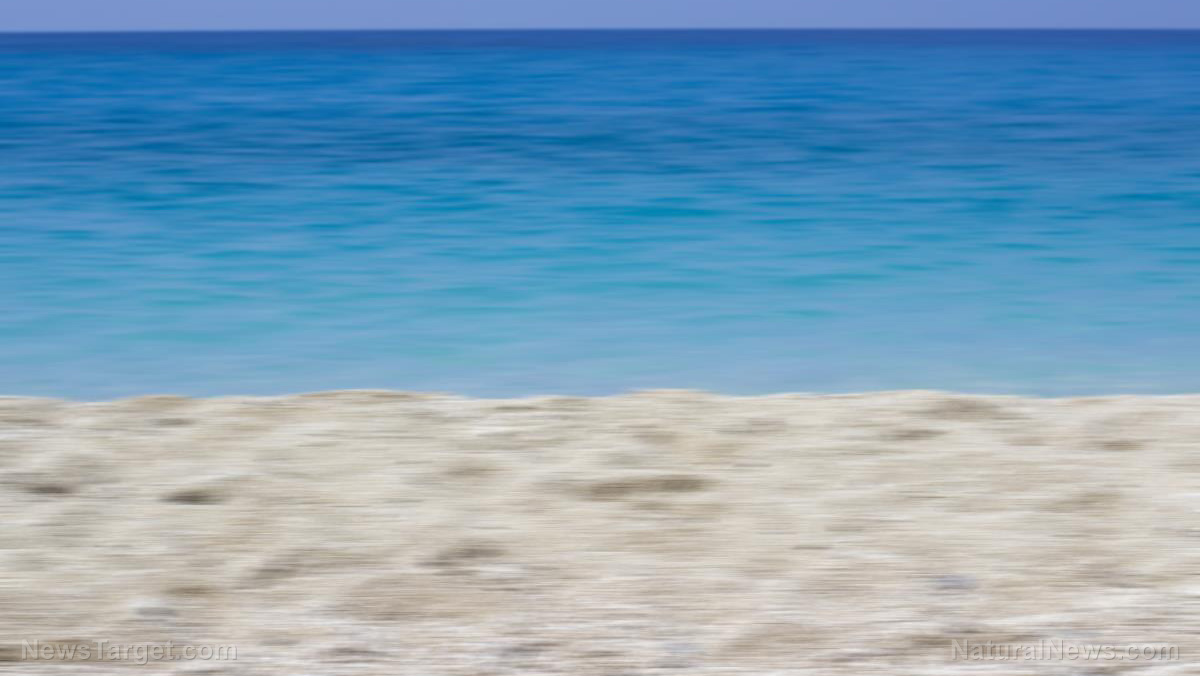
Also called “plastiglomerates,” hundreds of these pebbles have washed up on the beaches of Cornwall, England. According to CornwallLive.com, Atlantic currents are responsible for the surfeit of plastic pebbles across the area. As for their origins, it’s believed that they used to be plastic items that were tossed into beach barbecues or bonfires and left there. The molten chunks of plastic debris then combine with sand, shells, and other kinds of matter to become the pebbles littering Cornwall’s beaches.
Telling them apart from actual pebbles won’t be a problem if you look at them closely and touch them. Patricia Corcoran, a Canadian geologist who helped coined the term “plastiglomerates,” noted that many of the pebbles still contain recognizable bits and pieces of the plastic items that went into their creation. However, the same can’t be said of wildlife.
"It's plastic pollution. It's dangerous to animals and wildlife," said Delia Webb, coordinator of the Cornish Plastic Pollution Coalition (CPPC). Webb explained that the small size of plastic pebbles makes it easy for them to enter the food chain.
“The danger is that they will become shingle-size and be ingested into the food chain, so they need to be removed like any plastic would be,” stated Webb. “It gets broken down into smaller pieces, that's when it becomes really dangerous because animals ingest them.” (Related: Pollution continues to murder whales as their stomachs are found brimming with plastic.)
When floating in seawater, plastic absorbs toxic pollutants such as pesticides. The health effects of these chemicals are well documented, running the gamut from cancer to endocrine disruption. Marine wildlife that accidentally ingest these plastics and imbibe pollutants become prone to many of those health problems. What’s worse is that if these animals are then eaten by another then the toxins pass up the food chain. In fact, traces of plastic pollution have already been observed in nearly all levels of this ecological network.
Even if the plastic isn’t eaten, it still causes problems for the environment. As per Biological Diversity.org, as plastic degrades it begins to release its own slew of dangerous chemicals like bisphenol A. On top of being an endocrine disruptor, bisphenol A has also been linked to heart disease, breast cancer, and asthma.
Currently, it’s still unknown how long these pebbles will last if left untouched on beaches. Corcoran stated that most plastics do break down, while others become preserved as wafer-thin carbon film. Other researchers, such as U.K. geologist Philip Gibbard, believe that plastic pebbles won’t persist long enough to leave a permanent mark on the fossil record. Speaking to ScienceMag.org, Gibbard noted that there’s a chance that plastics may "revert back to a source of oil from whence they came, given the right conditions of burial."
Regardless, immediate action needs to be taken. Kamilo Beach, a beach on Hawaii’s southeast coast, has since gained the nickname of “Plastic Beach” owing to massive amounts of plastic debris on its shores. Apart from Cornwall, plastic pebbles have been reported in the counties of Devon and Pembrokeshire as well. If nothing is done, then it may only be a matter of time before the U.K. has several of its own plastic beaches.
Go to Environ.news to remain up to date on any and all news about the environment.
Sources include:
Please contact us for more information.























